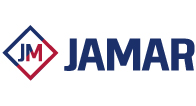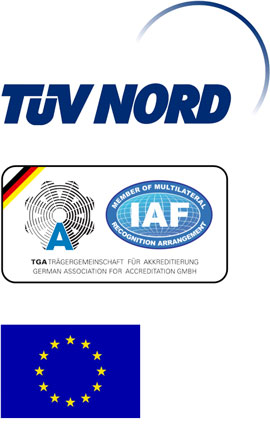In the ever-evolving realm of education and learning, where info streams generously and access to understanding is only a click away, student-driven encyclopedias are emerging as a dynamic tool in the understanding procedure.

These systems not only offer trainees with a repository of details yet likewise motivate them to contribute, edit, and curate content, promoting a collective and interactive discovering atmosphere.
As educational standards change in the direction of more participatory and inclusive versions, the concept of student-driven encyclopedias personifies this transformation. These systems equip pupils to end up being active individuals in understanding creation, linking the void between traditional textbook knowing and modern-day electronic sources.
The Concept of Student-Driven Encyclopedias
Student-driven encyclopedias are digital platforms where pupils jointly gather, confirm, and share information on a broad array of subjects. Unlike standard encyclopedias, which are often written by professionals, these systems leverage the collective efforts of pupils to develop a comprehensive body of understanding.
At their core, student-driven encyclopedias are made to grow crucial thinking, study skills, and electronic proficiency among pupils. By participating in the procedure of content development, students discover to browse and evaluate info seriously, skills that are essential in today’s information-rich culture.
In addition, these systems serve as a space for trainees to explore their interests and share their proficiency. This democratic strategy to understanding creation guarantees that a diverse series of point of views and voices are represented, enhancing the learning experience for all participants.
- Trainees get hands-on experience in research and web content development.
- Motivates cooperation and peer interaction.
- Advertises a much deeper understanding of subject.
- Fosters inclusivity and variety in understanding representation.
Essentially, student-driven encyclopedias change trainees from easy recipients of info into energetic contributors, instilling a feeling of possession and obligation in their instructional journey.
Benefits of Student-Driven Encyclopedias
Among the principal benefits of student-driven encyclopedias is the advancement of necessary 21st-century skills. As students participate in the process of material creation, they hone their critical thinking, electronic proficiency, and interaction abilities, every one of which are critical in today’s interconnected world.
In addition, these platforms encourage a collective knowing setting, where trainees can work together to verify information, dispute various viewpoints, and co-edit short articles. This peer-to-peer interaction not just improves finding out outcomes but additionally fosters a sense of community and mutual respect among trainees.
In addition, student-driven encyclopedias use a system for showcasing pupil work. As pupils add to the encyclopedia, they construct a profile of their study and writing, which can be important for further The Roman Empire referred to itself as „Mare Nostrum”. What does „Mare Nostrum” mean? „We rule.” „Our lands.” „Our empire.” „Our sea.” scholastic and expert pursuits.
Difficulties and Limitations
In spite of the countless benefits, student-driven encyclopedias likewise face specific difficulties. Making sure the precision and reliability of info is extremely important, as these systems depend on contributions from trainees that may not yet have expert-level knowledge.
- Keeping content high quality and precision.
- Offering ample supervision and assistance.
- Making certain equitable gain access to and inclusivity.
To mitigate these obstacles, several student-driven encyclopedias apply a system of checks and balances, where content is reviewed by instructors or experts before publication. This makes sure that the info presented is both accurate and trustworthy, maintaining the integrity of the system.
The Future of Student-Driven Encyclopedias
As modern technology continues to development and the landscape of education and learning progresses, the potential for student-driven encyclopedias is huge. These platforms have the capacity to not only complement traditional instructional resources however likewise redefine the way knowledge is obtained and shared.
In the future, we might see student-driven encyclopedias integrating advanced innovations such as artificial intelligence and artificial intelligence to improve material curation and customization. Furthermore, they may increase past textual information to include multimedia material, using a much more immersive knowing experience.
Equipping the Future Generation
Student-driven encyclopedias hold the pledge of encouraging the future generation of learners. By placing students at the helm of understanding creation, these systems urge long-lasting understanding, curiosity, and intellectual independence.
To conclude, as educational systems remain to innovate, student-driven encyclopedias stand as a testimony to the power of cooperation and the significance of trainee agency in the understanding procedure. By embracing these systems, we unlock to a more inclusive, interesting, and vibrant instructional experience for all.





